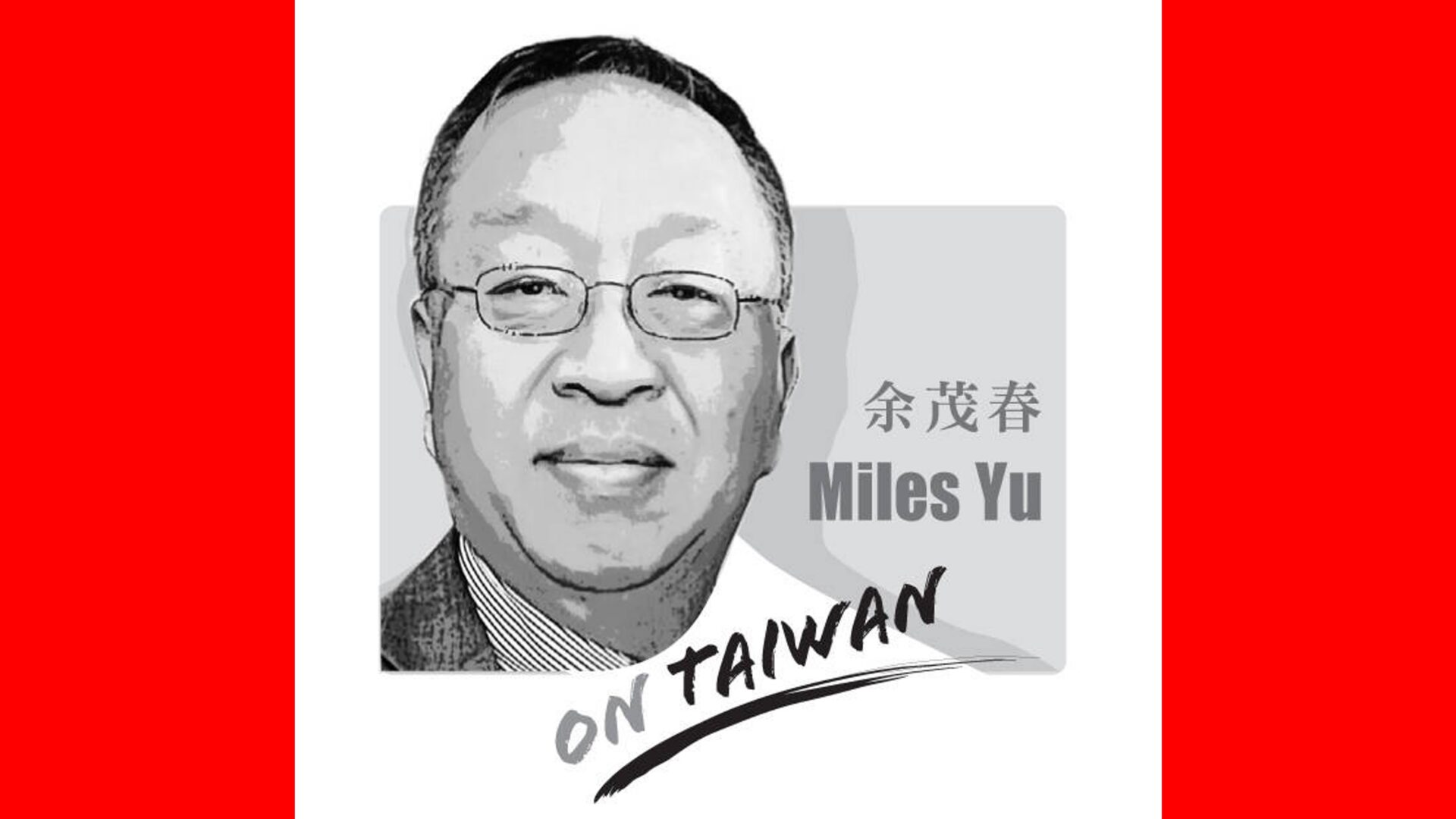
Winning the Tech Race: Why American CEOs Must Lead, Not Follow
The National Interest
08.26.24Business leaders must ditch a compliance mindset for a proactive one better suited for great power competition.
by Michelle Giuda
The summer of 2024 is making a run for one of the most tumultuous in American political and stock market history. One presidential candidate dramatically stepped down, another barely dodged an assassin’s bullet, and the most important election on the world stage was reshaped in a matter of weeks. Lagging economic indicators and the warning of an American slowdown triggered a global stock sell-off. As this season of volatility heats up, one thing remains constant: the imperative for American and allied CEOs to lead the world with trusted technology.
The Chinese Communist Party (CCP), under the leadership of General Secretary Xi Jinping, has made leading the world in new technologies a core pillar of its strategy to remake this international system in its authoritarian image. China is a determined and capable adversary who is partnering with regimes in Russia, Iran, North Korea, and elsewhere to achieve its freedom-suppressing ambitions. This is our long-term reality, and we—the United States and our allies—have no choice but to win.
Read full article here.
Learn more at the Tech Diplomacy Academy.
Related Posts

article
The Era Of ‘Tech Diplomacy’ Is Here
Technology is the new frontier of international relations. The interaction is bi-directional: technology is defining diplomatic matters while diplomacy is also influencing the development and deployment of technology. Take semiconductors as an example. This is a technology that forms the foundation of digital economy, national security, and productivity in almost all industries. Global supply chain in the semiconductor industry is shaping U.S. foreign policy. Conversely, America’s diplomatic effort has been redefining the supply chain. Tech diplomacy is different from science diplomacy, which became a key pillar for the U.S. and other countries since World War II. Scientists participated in treaty negotiations, engaged in bilateral summits and served as attachés at embassies. Primary topics included nuclear proliferation, super-collider construction, human space exploration and environmental science.

By: Miles Yu
article
Miles Yu On Taiwan: China’s lessons—and fears—from the Wagner revolt in Russia
For over a century, tumultuous events thousands of miles away in Russia have impacted China profoundly. Mao Zedong (毛澤東) famously said that the cannon sound of the October Revolution brought Marxism-Leninism to China. Now Xi Jinping (習近平) fears that last month’s Wagner revolt may provide a model for the Chinese Communist Party’s undoing.